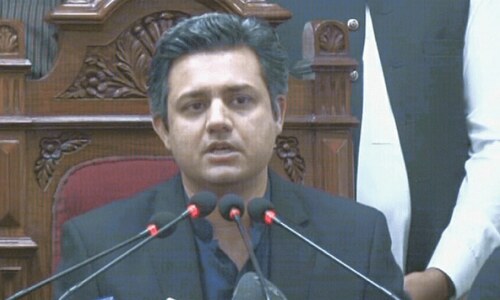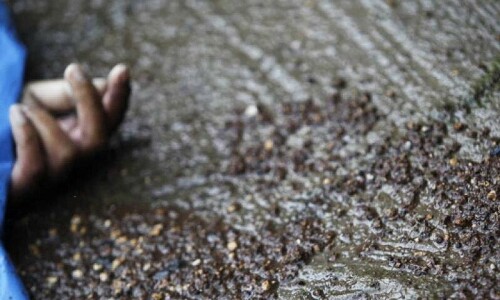Q: What are you currently reading?
A: I am reading Hybrid Tapestries by Muneeza Shamsie. It is about the development of Pakistani literature in English. The book extends from the pre-colonial to the present era. Muneeza has also highlighted some unknown writers; she has covered vast genres such as poetry, short stories, novels, dramas, letters, memoirs, and the travelogue. It is a must-read for every student of Pakistani literature.
[I am also reading] Kaghazi Hai Pairahan, Ismat Chughtai’s memoir, [who was] one of the great pioneers of Urdu fiction. Ismat gave a unique feminist perspective and her writing has influenced generations. Her lively and vivid autobiography, translated by Noor Zaheer, gives an important context to her straight, daring, honest thoughts which portray the conservative, hypocritical society of her time.
Some essays written by Ismat Chughtai on Urdu writers have also been included, along with sketches written on Ismat by Saadat Hasan Manto and Patras Bukhari.
Q: Which acclaimed book were you unable to finish?
A: I started Language and Mind by Noam Chomsky and The Forty Rules of Love by Elif Shafak but couldn’t finish either of them for several reasons.
Q: Is there a book you find yourself returning to again and again?
A: Shah Jo Risalo which is a poetic compilation of the famous Sindhi Sufi poet Shah Abdul Latif Bhittai. Shah Abdul Latif’s poetry was compiled by many of his devotees during his lifetime and after his death. The devotees compiled his poetry and called it Shah Jo Risalo, or the Poetry of Shah.
A German missionary, Ernest Trump edited Risalo and published it from Germany in 1866. After that, many researchers have published Shah Jo Risalo with their own compilations, and so many editions are available.
Shah Jo Risalo transcends geographical boundaries and eras and it reflects the eternal love of God through a metaphor that seems worldly. As a result, it has a universal appeal and has become timeless. Shah Latif has discussed a common man and his life. He talked to peasants, fishermen, mullahs, faqirs, travellers, weavers and farmers.
I also return to the works of Shaikh Ayaz, Ghani Khan and Baba Fareed.
Q: What are you planning to read next?
A: I usually don’t plan what to read. My current responsibilities do not give me ample time for reading but I try to grab a book while travelling. Many authors present me with their work so I have many books to read.
Published in Dawn January 25th, 2017













































Dear visitor, the comments section is undergoing an overhaul and will return soon.